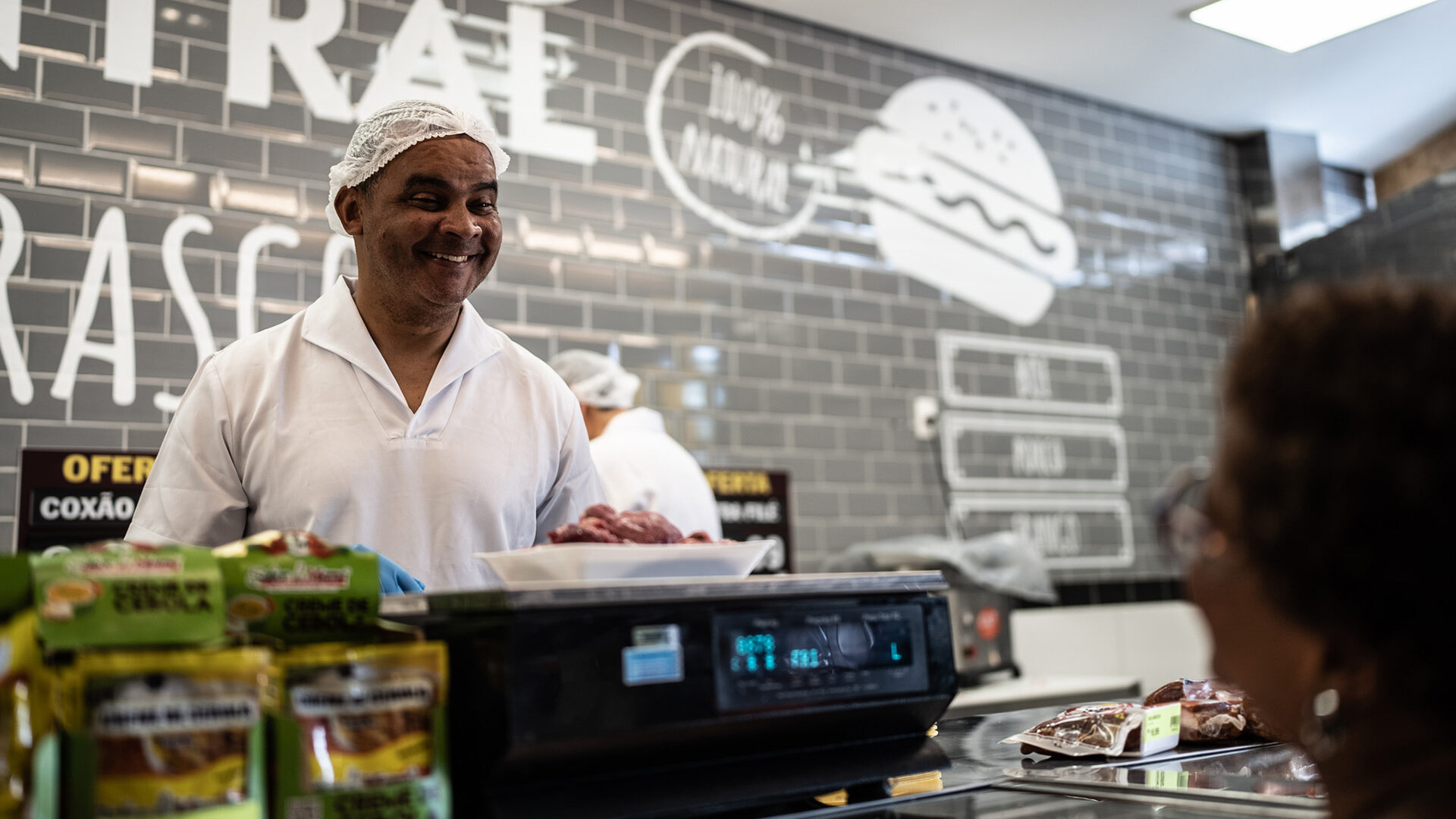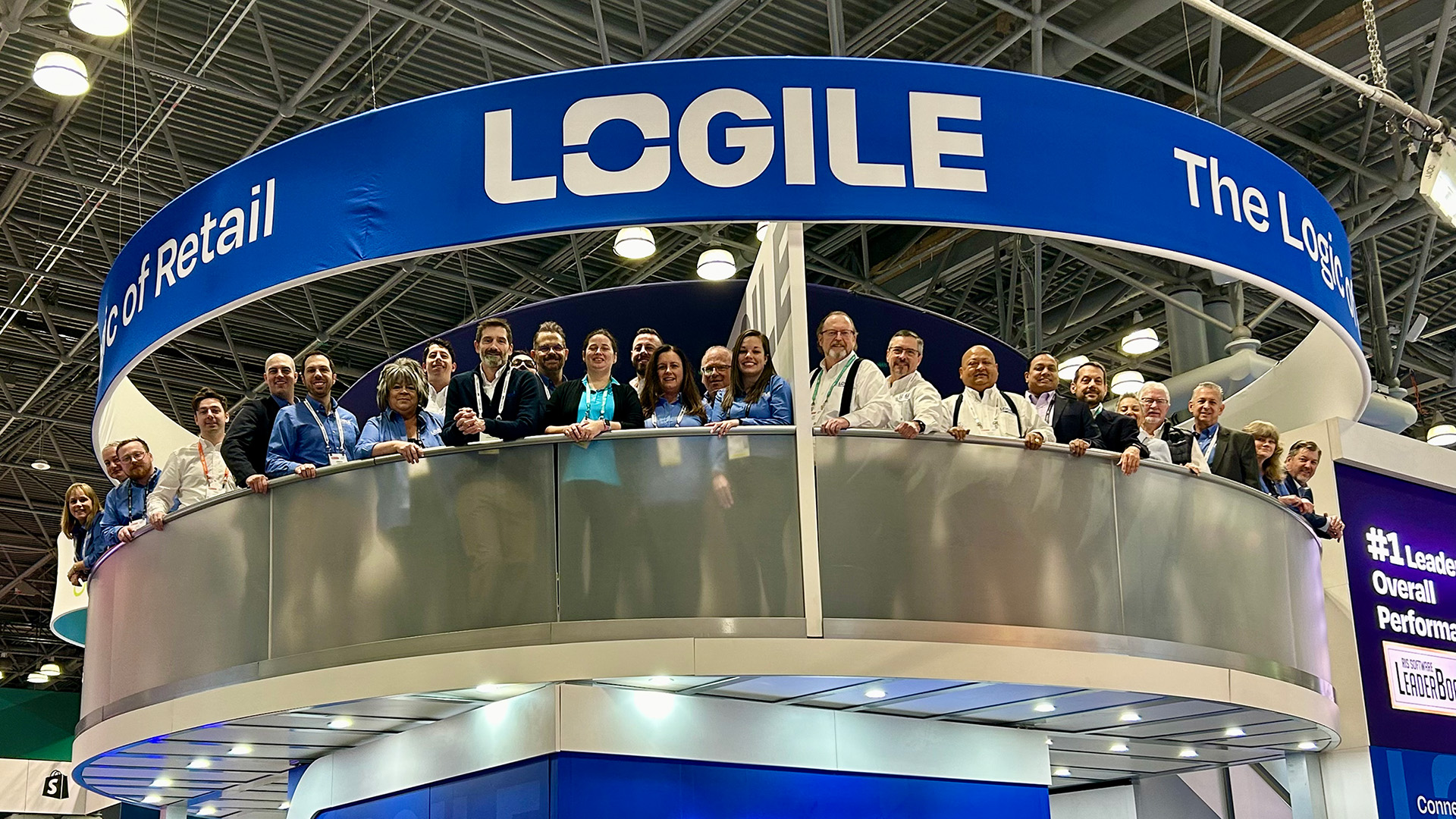5 minute read
Special Series: Suggestions for Retail Food Companies to Respond to the COVID-19 Pandemic

In an effort to help food retailers navigate the uncertainties and challenges of the COVID-19 pandemic as we come together as one community, Logile’s experienced retail practitioners and consultants have compiled practical suggestions for food retailers to consider as they respond to their unique situations.
Many food retail chains have already taken many of these steps and others may be considering them. We think these suggestions are worth considering across formats and operating areas. Our hope is that they enable all food retailers to better serve their customers and communities in a time of significant change and special needs.
First and foremost, we recommend that you regularly check and follow all guidelines and requirements as communicated by the World Health Organization (WHO), Centers for Disease Control and Prevention (CDC), and applicable national, federal, state and local authorities. These guidelines and requirements may change, so stay well connected with these sources. Nothing we suggest should alter your full consideration of and compliance with WHO, CDC, national, federal, state or local directives.
Today’s post represents our first in a special series dedicated to the COVID-19 pandemic to be published over the next few days. Our next post in the series will cover additional suggestions for food retailers targeted toward more specific store operational changes. We will follow that up with a list of additional suggestions for food retail store employees who are the front lines of implementing your policies and serving customers and communities. Additional posts will focus on the longer-term implications of this experience and navigating through developments that continue to unfold.
As one community, we as a retail software solution vendor are dedicated to supporting the operation of responsive, safe and efficient food retail stores in all formats and communities. We hope this information proves useful for those looking for actionable items and insights to improve their operations and support and protect the people they employ and serve.
Ideas for food retailers to respond to the COVID-19 pandemic
#1. Review and update sick leave policies. Update your sick leave and absenteeism policies if necessary so as to minimize employees from working sick and spreading illness to other associates and customers. Be mindful and accommodating of particular associate needs, such as childcare, to promote wellness and flexibility in your workforce. Changes to your policies may be subject to legal requirements, including privacy considerations, so identify and consult with advisors experienced in these areas.
#2. Communicate with associates and customers the steps your company is taking to ensure safety. Open and regular communication is key to ensuring that employees understand what they need to do and to enable them to represent your company to your customers. Be sure to communicate how you are complying with the recommendations and requirements of applicable public health and other governmental authorities. Remind employees and customers that such actions, while possibly inconvenient on the surface, ultimately serve the health and well-being of associates, customers and your communities. Make policy changes easily accessible to employees by posting them in multiple places, including on bulletin boards. Provide employees with facts and ask them not to magnify or elaborate concerns to customers based on other information they could be hearing from outside sources. Panic grows in the absence of factual information. However, please keep in mind that privacy regulations generally prohibit identifying the health status of specific individuals or disclosing personal information. Be prepared to consult with experienced advisors as necessary.
#3. Provide associate training for enhanced sanitation procedures and other changes. Be sure the training includes not only WHAT the changes are but WHY the changes are being made so associates are informed and can answer questions from customers effectively.
#4. Put limits on the sale of products in high demand so that more of your customers can benefit from them.
#5. Consider reducing hours to enable better service, full recovery of store conditions, and thorough sanitation. As the virus spreads, you may have fewer employees to run the store and to restock inventory. Stocking or other work typically performed during the day may not be possible given increased customer traffic during the day. Concentrate these activities during off hours to enable the work to get done. Nothing will be more reassuring to your customers than your products being available and your store being clean, sanitized and ready for business.
#6. Allow remote work for non-store associates. Corporate staff members, buyers and support personnel need to maintain their roles for your company’s success. Allowing them to work remotely from home will prevent the spread of the virus at work.
#7. Provide for extra sanitation routines and the necessary supplies. Wipes, sanitizing solutions, hand sanitizers and gloves will be needed in greater quantities. Work with your chemical provider to plan for a time when wipes and sanitizers may not be available. Plan for what happens if theses supplies run out. Identify the next-best options and provide for them. Be clear about specific sanitation changes you are making for areas like restrooms, cases, checkouts, etc. so customers are confident that you are working to ensure their safety. And, again, make what you are doing part of your regular and open communications with store associates and customers.
#8. Suspend self-service hot bars and salad bars. Even if these are signature areas for your business, such offerings are high-touch areas that customers will be concerned about. Look for alternative employee-served or grab-and-go options to maintain sales and allow customers to purchase these products. Customers may be more willing to accept pre-packaged and safety-sealed products than those served by associates. Provide options where they make sense.
#9. Expect online sales to increase significantly and prepare for the volume. Consider the associated workload that will come through online orders and the store pickup or delivery options you provide.
#10. Update and review your disaster recovery procedures for stores. Critical procedures must be readily available and understood. Backup role consolidation should be understood and reinforced if members of the store management team are unable to work. Ensure that stores are likewise planning backup for roles within each department and providing the training and essential checklists needed for those involved.
#11. Cancel non-essential events to focus on core operations. This will allow all your associates to focus on store operations and show customers you are attending to their basic needs. The time for great merchandising events will return once this pandemic, and social distancing, has passed.
#12. Consider special support for the needs of your community. These are challenging times for everyone in the community. Support for food banks, substitutes for school breakfast and lunch programs during a period of school cancellation, and other food support organizations will be especially needed and appreciated.
This series will continue tomorrow with additional recommendations we have put together for retail store operations to respond to the COVID-19 pandemic.



